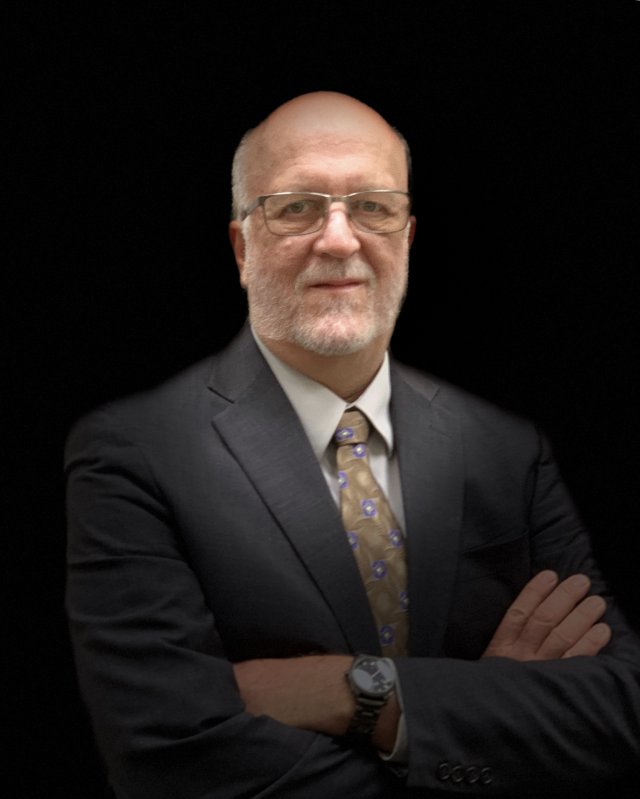Meet EPA Scientist William (Will) K. Boyes, Ph.D.

How does your science matter?
There’s a huge commercial and industrial revolution underway in developing new nanomaterials, less than 100 nanometers in size, because when you formulate particles that are very small they take on special properties. These properties can have very useful commercial and environmental applications. My research is focused on determining what parameters of these materials may cause them to become an environmental risk.
Nanotechnology is going to be an engine for a large amount of economic development, and we want to be able to take advantage of these materials. But, the key is to do it in an environmentally sound way. My role is to try and identify the factors that might cause nanomaterials to be released and dispersed into the environment and have potential toxic effects either to humans or the environment.
When did you first know you wanted to be a scientist?
If you would have asked me at six-years-old, I would have said I wanted to be a scientist. I was curious about how things work, and I came from a scientific family.
How did you get there? Tell us about your background.
As an undergraduate student, I studied what at the time was called physiological psychology at New Mexico State University. I was really interested in how the brain operates, particularly sensory systems, but my love for outdoor activities like hiking and skiing inspired interest in environmental issues, too. This was when the EPA was formed in 1970, and we had the first Earth Day.
Also during that time, at eighteen, I worked as a student co-op in a chemical refinery in Houston, Texas on the plant floor. We had a number of spills while I was there, and the standard procedure at the time was to get out the fire hose and wash the spill down the drain. The plant was located right along the Houston ship channel, one of the most polluted bodies of water in the country. That experience, plus my interest in hiking and outdoor activities, fostered a great interest in the environment.
So, in 1981, I received a Ph.D. in environmental health specializing in neurotoxicology from the University of Cincinnati where I was able to combine my interests in neurobiology and environmental issues. After that I came to EPA in North Carolina, and I have been here ever since.
What do you like most about your research?
What I like about it is that I can publish original research, but also occasionally have a voice in advising people who set important public policies. It feels like what you’re doing is important.
If you could have dinner with any scientist, past or present, who would it be and what would you like to ask him or her?
What a great question! I have more than one.
First, I would like to meet Isaac Newton. I was intrigued by him because he measured the speed of sound with a watch and by stomping his foot in a courtyard in Cambridge England. From timing the echo, he recorded a fairly accurate reading of the speed of sound. I was always intrigued by how he could achieve something so sophisticated with such simple equipment.
My second choice is Charles Darwin. He is the basis for all modern biology. He worked on his theories for years and years. How did he keep going and stay motivated? Why did he hold back his theories for so long, and did he know they would have such a big impact?
I would also like to meet Rachel Carson. She was the author of Silent Spring and a federal scientist who managed to have a tremendous impact on the way people viewed the environment. She launched the environmental movement against tremendous opposition.
If you weren’t a scientist, what would you be doing?
I’ve always wanted to drive giant road equipment. Cranes, bulldozers, I love all of that stuff.
Do you any advice for students considering a career in science?
I love working with students; they are so exciting. For those seeking a career in science, I would tell them that enthusiasm and passion make a huge difference. Graduate school is very hard. You really have to work for it. They don’t give people a Ph.D.; you have to go and take it.
Editor's Note: The opinions expressed herein are those of the researcher alone. EPA does not endorse the opinions or positions expressed.
